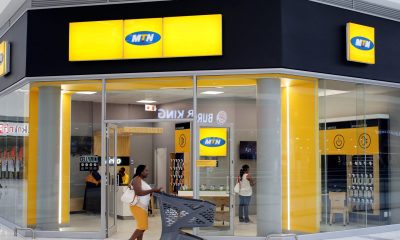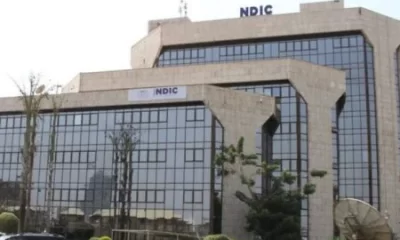Business
Call tariffs may increase as FG slams 5% duty on recharge cards
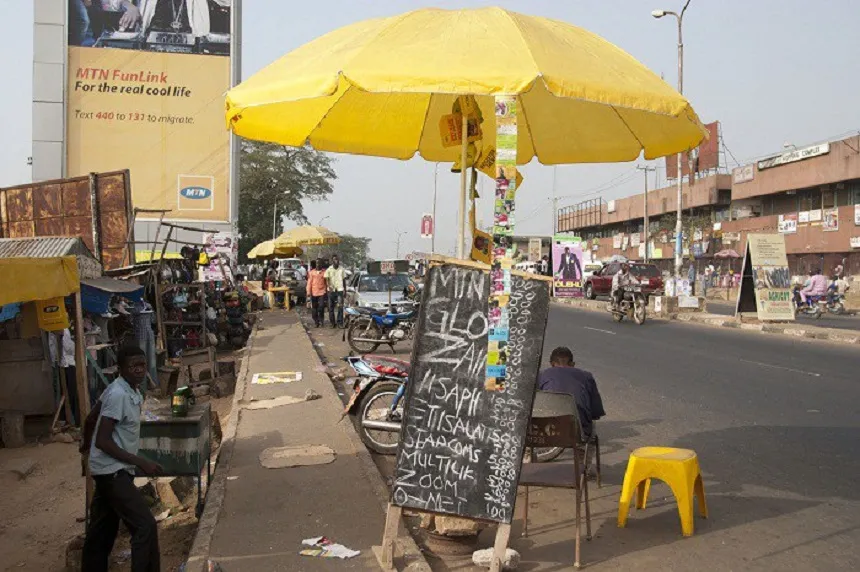
President Muhammadu Buhari has approved the collection of five per cent as excise duty on telephone recharge cards and vouchers.
The charge is part of new items on the list of goods liable for excise duty on the Finance Act in the country.
Excise duty is a levy charged at the time of manufacturing. It is also a form of indirect tax on the sale or consumption of certain goods, products, services or activities such as tobacco, alcohol, narcotics, gambling etc., mainly to discourage their use and consumption. Nigeria’s Finance Act has extended the list to include beverages, non-alcoholic drinks etc.
According to a circular seen by newsmen, Zainab Ahmed, minister of finance, budget and national planning, directed the Nigerian Customs to create a tariff line for the collection of the excise on mobile telephones, electricity meters (components) and set up boxes at five per cent.
It was learnt that the federal government is expected to raise at least N150 billion from the duty while customs will pocket about 10 billion, a 7 per cent collection fee.
The circular conforms with another list of excisable items by customs to include telephone recharge cards and vouchers at five per cent.
The collection was part of new items on the 2020 Finance Act signed by President Buhari. Although no rate was not stated, it is clear that the president might have okayed the collection of the duty at five per cent as empowered to do by the Act.
Section 21 (1) of the Act describes goods liable to excise duty as “Goods imported and those manufactured in Nigeria and specified in the first schedule of this Act shall be charged with duties of excise at the rate specified under the duty column in the Schedule.
Subsection 2 further added that “telecommunication services provided in Nigeria shall be charged with duties of excise at the rate specified under the duty column in the Schedule as the President may by Order prescribe pursuant to section 13 of this Act”.
In the current (2021) finance act, a new section was inserted to include “excise duty on non-alcoholic, carbonated and sweetened beverages shall be charged at a specific rate of N10 per litre”.
The new 5 per cent levy on recharge cards will increase call costs and add to other taxes levied on telcos operating in the country. Some of these levies include the right of way charges, National Information Technology Development Fund Levy, National Cybersecurity Fund, and Annual Operating Levy in addition to existing statutory taxes like tertiary education tax, companies income tax, and value-added tax.
Business
NIN-SIM linkage: MTN bars 8.6 million lines as NCC extends deadline
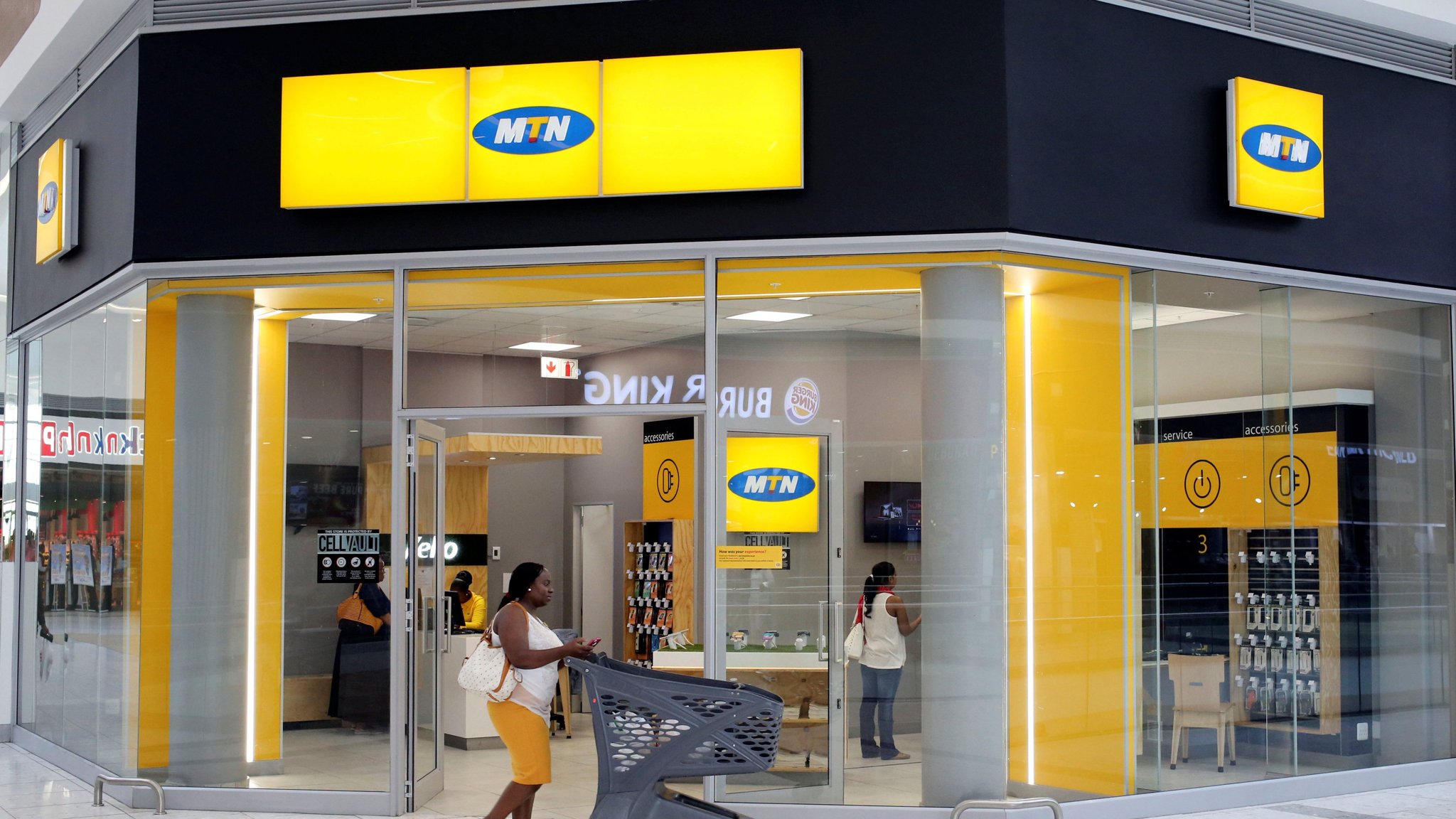
MTN Nigeria says it has fully barred a total of 8.6 million lines from the network in line with the directive of the Nigerian Communications Commission (NCC) on SIMs not linked to the National Identification Number (NIN) of the users.
The company disclosed this in its first quarter (Q1) 2024 financial report, noting that this impacted its business in the quarter.
However, to provide more time for the subscribers with less than five lines linked to an unverified NIN to complete the necessary verification exercise, MTN disclosed that the NCC has extended the 15 April deadline to 31 July 2024.
According to MTN, the lines that have been fully barred are those of subscribers who did not submit their NIN and those with more than five lines linked to an unverified NIN.
Highlighting the impact of the NIN-SIM linkage exercise and the regulatory directive, MTN Nigeria’s CEO, Karl Toriola, said:
“During the quarter, we also continued to manage the effects on our business of the industry-wide directive of the Nigerian Communications Commission (NCC) for a full barring of subscriber lines not linked to their National Identity Number (NIN) – the NIN-SIM directive.
“This impacted the development of our user base across all of our key business units (voice, data, and fintech) in Q1 2024.
“Although we had to fully bar 8.6 million subscribers in line with the directive, we minimised the net effect of the barred subscribers, and our total number of subscribers only decreased by 2 million in Q1, closing with a total of 77.7 million subscribers.”
Toriola said this demonstrated the effectiveness of the company’s customer value management (CVM) initiatives, which helped it to retain affected customers and reduce churn, as well as to drive gross connections.
Meanwhile, the company also reported a decline in its data subscribers in the quarter under review. According to the MTN’s CEO, active data subscribers declined marginally by approximately 78,000 to 44.5 million.
“Notwithstanding these headwinds, we recorded increased activity within the base, with voice traffic rising by 5.1% and data traffic by 40.6%.
“This is a result of the consistent growth in demand for data and voice, supported by our attractive offers to customers and continuous investment in network quality and coverage,” Toriola stated.
Data from the NCC show that total active mobile subscriptions in Nigeria across the networks of MTN, Airtel, Globacom and 9mobile, which stood at 224.4 million in December 2023 had declined to 219 million as of March 2024 as all the telecom operators implemented the policy on the mandatory NIN-SIM linkage.
Business
NDIC increases banks’ deposit insurance coverage from N500k to N5m
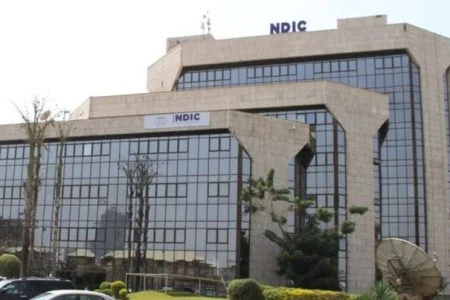
The Nigeria Deposit Insurance Corporation (NDIC) has increased deposit insurance coverage for all licensed deposit-taking financial institutions.
NDIC disclosed this in a post on its Facebook page on Thursday.
Deposit insurance protects depositors’ funds in the event of a bank failure.
Bello Hassan, NDIC managing director and chief executive officer (CEO), said the deposit insurance coverage for commercial banks was increased from N500,000 to N5 million.
Hassan said the increase provides coverage for 98.98 percent of depositors in Nigeria.
Business
Naira drops to N1,370/$ at parallel market, gains marginally at official window
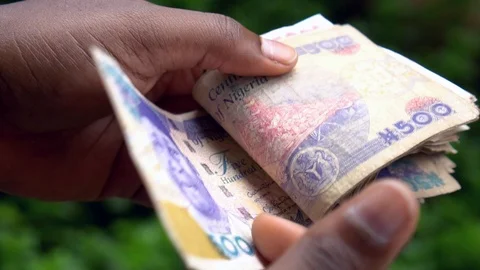
The naira declined to N1,370 against the dollar at the parallel section of the foreign exchange (FX) market on Wednesday.
This represents a 1.48 percent depreciation from N1,350 traded on April 29.
Currency traders, also known as bureau de change (BDC) operators, put the buying rate of the greenback at N1,330 and the selling price at N1,370 — leaving a profit margin of N40.
At the official window, the local currency appreciated by 1.98 percent to N1,390 on April 30 — from N1,419.11 on April 29.
During trading, the exchange rate rose as high as N1,450 and as low as N1,200 according to data from FMDQ Exchange, a platform that oversees FX trading in Nigeria.
The naira devaluation has continued to pose significant challenges to firms, cutting deep into profit margins and eroding shareholders’ dividends.
On April 30, Aliko Dangote, chairman of Dangote Industries Limited, said the devaluation of naira created the “biggest mess” for the company in 2023.
“We are doing whatever it takes to make sure that at the end of the day, we will be paying dividends because if you look at our dividends last year, it was almost 50 percent more so we will try and get out of the mess,” Dangote said.
“The biggest mess created was actually the devaluation of the naira from N460 to N1,400.”
He said almost 97 percent of the companies, especially in food and beverages businesses, will not pay dividends this year due to the FX constraints.
-

 News1 week ago
News1 week agoFAAN reopens Lagos airport runway after Dana Air incident
-

 Crime3 days ago
Crime3 days agoUK-based Nigerian doctor, Tijion Esho loses licences over sex for free Botox injections
-

 News5 days ago
News5 days ago‘Mischievous narrative’ — Yahaya Bello’s media office reacts to ‘American school refunding $760k’ claim
-

 News1 week ago
News1 week agoNigeria Air: EFCC vows to arraign Sirika over alleged contract fraud
-

 Education1 week ago
Education1 week agoUNN suspends, probes lecturer attempting to sexually assault female student
-

 Entertainment3 days ago
Entertainment3 days agoGunmen abduct singer Gnewzy in Delta, demand $200k ransom
-

 Entertainment5 days ago
Entertainment5 days agoFamily announces burial arrangements for junior pope
-

 World1 week ago
World1 week ago10 killed as two military helicopters collide in Malaysia



